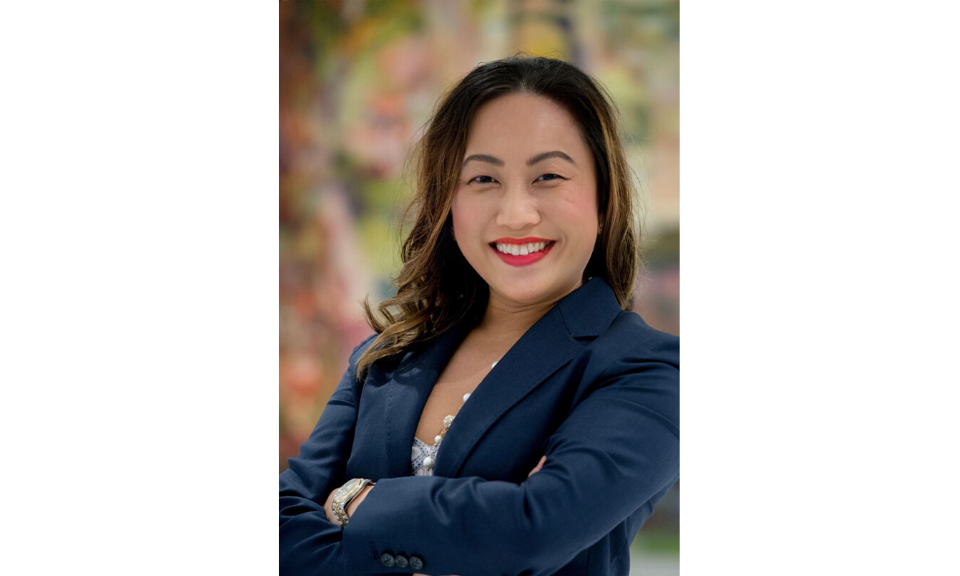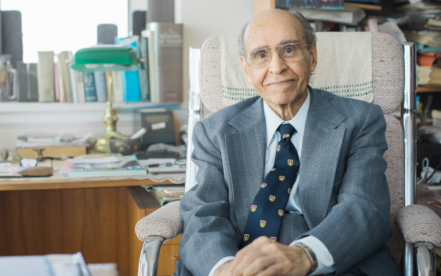Giving strategically: Five tips to make philanthropy work for you

With 25 years in the investment industry, Pamela Yoon knows it can be difficult to plan strategically when making a donation.
“A lot of times, giving can be reactionary or sporadic,” says Yoon, an SFU alumnus and RBC Dominion Securities Portfolio Manager. Yoon is no stranger to giving back herself, from founding the Pamela Yoon Award at SFU for economics students to participating on boards of the SFU Alumni Association, the FCSI National Council and the Tesla Owners Club of B.C.
Having managed the wealth of high-net-worth clients for more than 25 years, Yoon especially sees giving as a part of what she calls a “bigger wealth management story.” She says that giving strategically helps people not only retain the most of their investments and earnings—it plays a big part in deepening family connections and leaving a long-lasting, meaningful legacy for generations to come.
Yoon has shared her best tips to help you make the most out of your next gift.
Use your portfolio
It’s quick and easy to cut a cheque in a pinch. But drawing upon your investment portfolio can help you give more and save on taxes.
Donating publicly traded securities (like stocks or mutual funds) directly (or “in-kind”) to charities is a win-win: the charity gets a donation, you don’t have to pay taxes on the capital gain, and—even better—you get a charitable tax receipt for the full market value of the security.
This is especially helpful if the security you’re donating has appreciated in value since you’ve bought it. Say you purchased a stock for $50, and that it is worth $100 when you donate it. If you repurchase the stock for $100 to replenish your portfolio, you now have a higher adjusted cost base than when you first purchased the stock at $50—this means that if the stock goes up in value and you sell it in the future, you will have a smaller capital gain and less taxes to pay.
Plan ahead
For some of us, the most significant gifts we make will be in our Wills. Planning for this inevitability will help ensure you leave your beneficiaries in the best possible position. For example, a financial advisor can help you estimate the taxes owed on your final tax return. If you know you want to give to charity, planned donations through your Will can result in less taxation to your estate. At the end of the day, the family will have more money working for them and the charity. It is true that the beneficiaries will have less in their pockets to spend, but the charity has the use of the donation as well.
“Those are the kind of things that require a bit more planning instead of waiting until the last minute,” Yoon says.
Make it a family matter
“It’s amazing to get everyone together to decide what your family legacy will be and what is important to you,” Yoon says. Getting members of different generations on the same page, whether it’s starting a family foundation or holding a family meeting to determine your priorities, makes gift-giving even more meaningful and builds the foundations of a long-lasting tradition.
Donate your time—smartly
Having sat on multiple boards herself, Yoon knows how gratifying it can be to support non-profits with your time and expertise. Her accomplished, super-busy clients often feel the same. As a portfolio manager, though, she has to look at the papers.
“As a financial manager, I want to know the dollars involved,” she says. In other words: is there a way for volunteering to also help on your tax return?
According to Yoon, there is. If you can offer the charity a professional skill, like legal or financial expertise, bill the charity for your time. Then donate the money back to the charity. That way, the charity gets your help and you get a charitable tax receipt.
Get the right help
“You need a good advisor and a good plan,” Yoon says. A financial advisor can help you put any of the tips mentioned above into action. Draw upon other professionals to get the rest of your plan in order. For example, instead of calling on a legally inclined neighbour to help draft your Will, she strongly recommends meeting with a lawyer who specializes in Wills and estates. This will ensure your legacy is upheld as closely to your intent as possible.
“And that’s an enduring legacy that will last forever,” Yoon adds.
Want even more tips on giving strategically? RBC Dominion Securities has a 28-page document on charitable giving. Before taking any action on any of the strategies discussed in this article, make sure you get qualified professional advice. To learn more, get in touch with Pamela Yoon at pamela.yoon@rbc.com.


